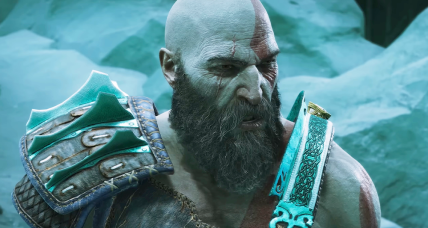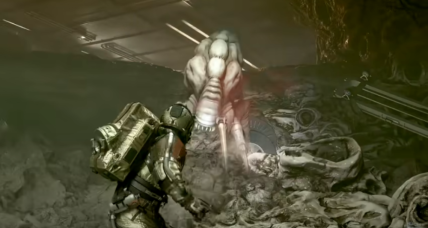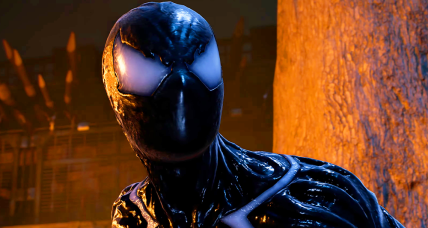Opinion: Sweet Baby Inc. – The Company Responsible For Victim Mentality In Video Games
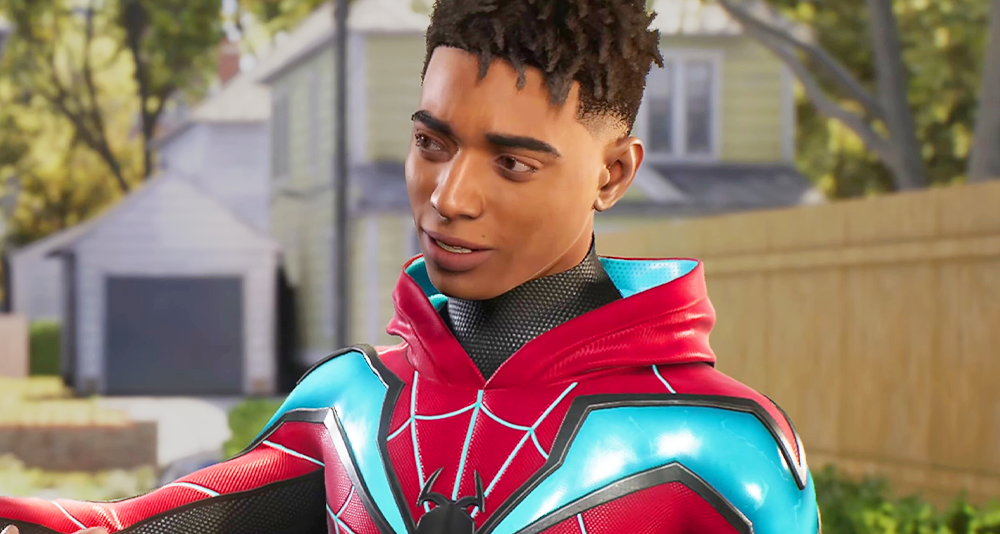
Video game storytelling often falls short, to say the least. Even the most celebrated stories within gaming merely scrape the surface of what storytelling could achieve in this medium. Most video game stories are just bad or badly executed.
Titles such as The Last of Us, God of War (2018), the recent Deus Ex games, and other PlayStation exclusives emphasizing narrative adhere to the bare minimum. A standard that first-semester screenwriting students must follow.
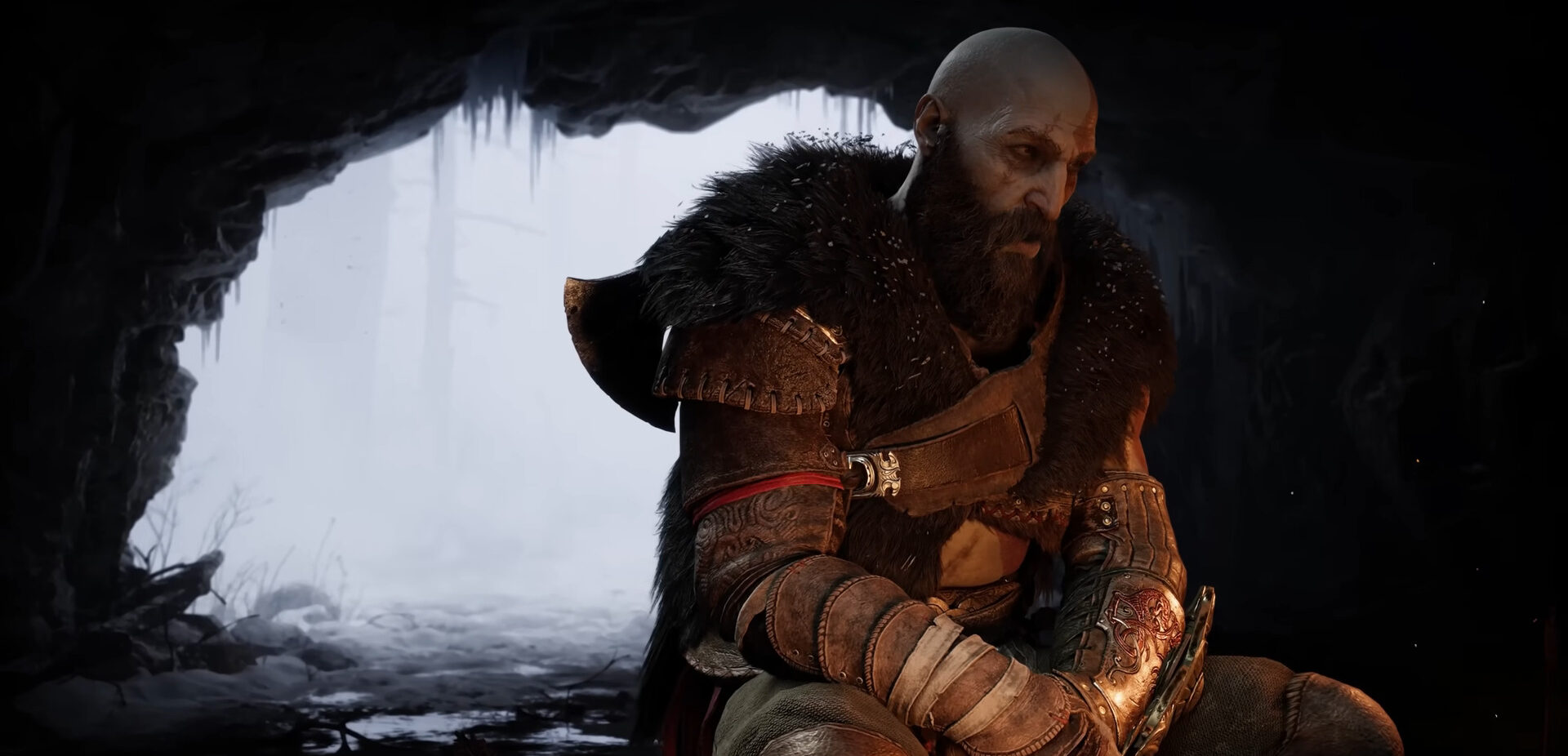
The reason for this deficiency in video game storytelling is twofold. Firstly, the industry has historically evolved without much consideration for narrative, often treating it as an afterthought. Many games approach the storytelling as a mere appendage, tacked on after the gameplay loop or level design. It serves as little more than connective tissue to bind levels together.
On the other hand, is Human Resources (HR) and its proclivity to bureaucratize competence. Rather than prioritizing seasoned storytellers, HR leans towards hiring individuals based on their degrees, such as English literature. While this might suffice for writing item and mission descriptions, it falls short when crafting a compelling narrative. Let alone weaving the storytelling into the gameplay loop.
Only in recent memory, like the examples listed above, did the industry shift to commissioning a script prior to development. Games like Marvel’s Guardians of the Galaxy seamlessly integrated character development into the gameplay loop. That is because character came before gameplay, allowing developers to merge both.
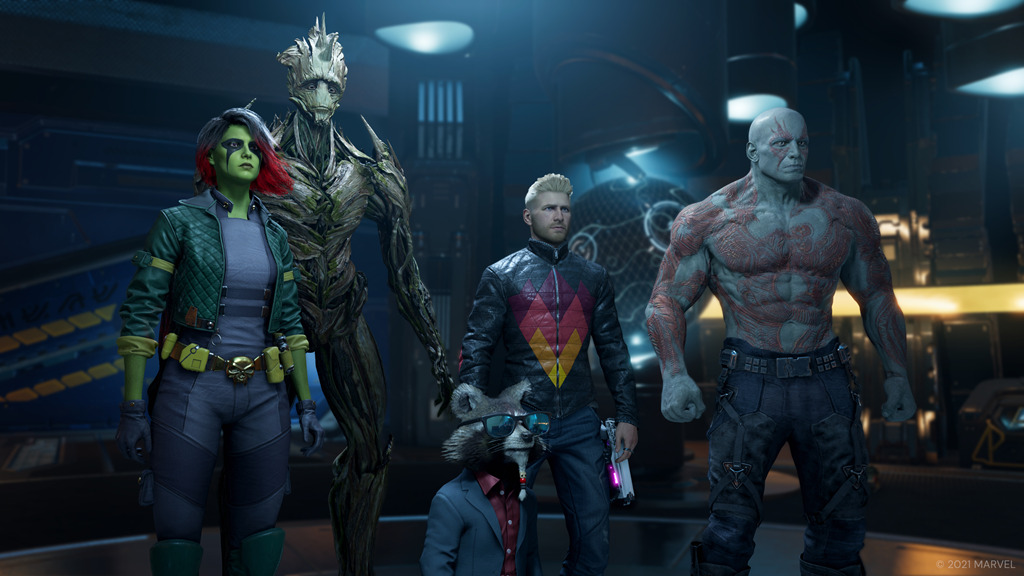
However, the industry still appears primed for a third party to revolutionize storytelling methods within the medium. The objective is clear: to seamlessly integrate narrative into gameplay. This task should be relatively straightforward for storytellers who are also gamers, offering ample room for innovative approaches.
Enter Sweet Baby Inc., a company that seemingly fits the bill. Yet, a closer look at their mission statement reveals a different narrative.
Our mission is to tell better, more empathetic stories while diversifying and enriching the video games industry. We aim to make games more engaging, more fun, more meaningful, and more inclusive, for everyone.
The results speak for themselves. Did you wonder why Spider-Man 2 features a storyline where you play as a deaf girl creating graffiti poems of BIPOC authors? Sweet Baby Inc.
And what about Alan Wake 2, where a playable character was race-swapped for an empowered black, female FBI agent, only to then deliver The Room-level dialogue to tell us how empowered she is? Sweet Baby Inc.

It appears that Sweet Baby Inc. isn’t in the business of crafting compelling narratives but rather to shield developers from online activism and boost their ESG scores. Even offering special council like “sensitivity reading.” Too bad struggling writers like Fyodor Dostoevsky never benefited from such consultations, otherwise we would remember their names (sarcasm intended).
What’s particularly infuriating about Sweet Baby Inc. is its CEO’s explanation for the company’s existence. While claiming to be a haven for neurodivergent individuals, Kim Belair’s true intentions emerge with her discomfort for deadlines and schedules. Her storytelling “innovations” have been laid out on an episode of the SideScroller’s podcast.
According to Belair, as a special neurodivergent writer, she shouldn’t be bound by the constraints set by neurotypical people. Sometimes she just needs to write a script in an hour. She can’t be bothered to write every day.
For any writer, it becomes apparent that what Belair describes is a lack of writing stamina. Writing is a craft that requires improvement and honing over time. No writer starts with the stamina needed for professional-level work, except perhaps L. Ron Hubbard. Though his writings are associated with many things, quality is not one of them.
In the end, it seems like Sweet Baby Inc. lacks a genuine effort to enhance storytelling in the gaming industry. As a CEO in a luxury industry in a first-world country, starting sentences with ‘Speaking as a marginalized person…’ reeks of entitlement and raises skepticism.
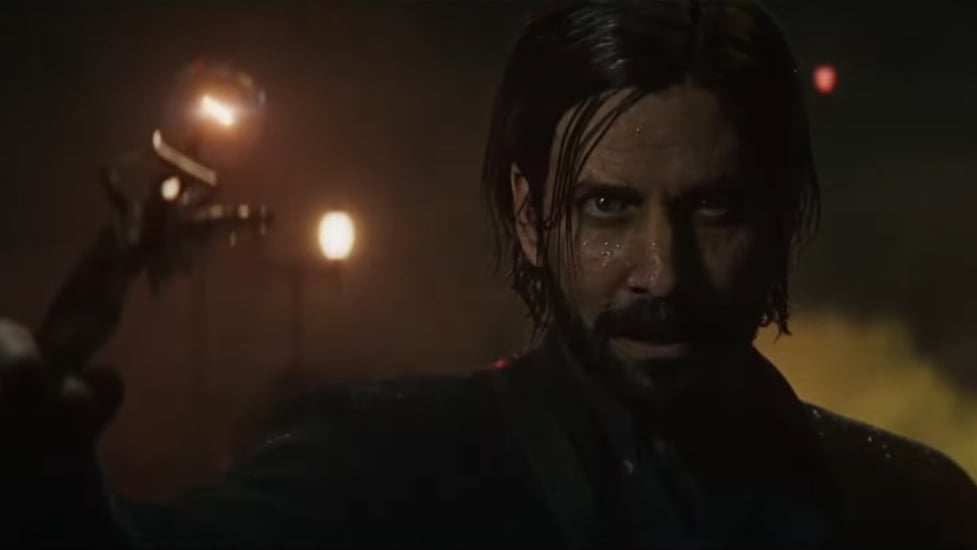
Hopefully, companies will wise up and distance themselves from Sweet Baby Inc., recognizing it as a venture by unprofessional individuals who believe developing proper writing skills is beneath them.
There are numerous legitimate ways to improve storytelling in video games, a subject I have delved into through a video series. And none of them resemble what Sweet Baby Inc. is currently doing.
NEXT: How Modern Hollywood Writers Abandoned Their Moral Duty
More About:Video Games

